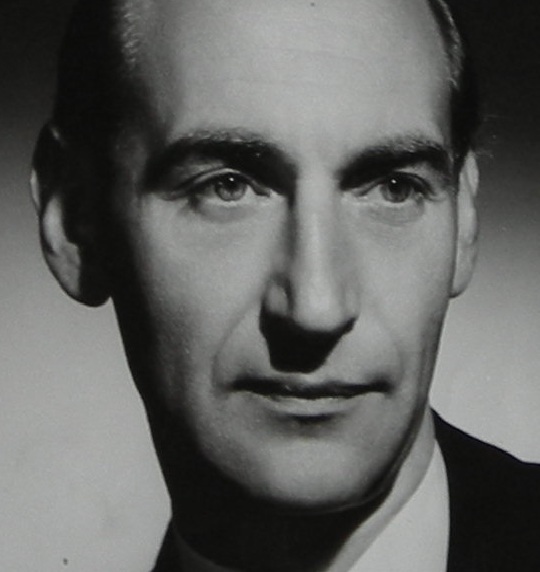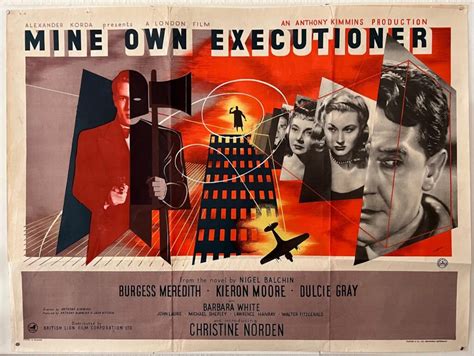Mine Own Executioner, Nigel Balchin, UK, 1946

Beautifully and thoughtfully written this book, coloured by the aftermath of the war as well as the early years of modern psychotherapy, reveals a great depth of understanding, regarding human relations, actions and interactions.
Constructed almost entirely using conversation, Mine Own Executioner could almost be equated with a play, although there are sufficient descriptive passages to make this possibility debatable. Normally, I am sceptical of too much conversation in a novel – in many cases it feels artificial and off-balance – but Balchin has managed to produce something without such sharp, uncomfortable edges. In fact, the conversational tone of the book manages to pull it into the ‘here and now’, forcing the reader into everyday happenings. The pace is sometimes slow, but not boringly so, and it imperceptibly gathers speed as the book reaches its unexpected climax.

Felix Milne is a medical student who is focused on a career as a psychotherapist. He appreciates that a knowledge of anatomy and the workings of the human body may be an advantage to any study of the mind, but he cannot see that a medical degree followed by a very short general course devoted to general mental ailments will make him a good psychotherapist. Consequently, he discontinues his degree at Cambridge and moves to Vienna where he studies psychotherapy for several years.
Fifteen years later, Felix is married and is managing a private clinic while helping out – free of charge – at a charitable clinic run by a philanthropist. Although somewhat hampered by the fact that he is not a ‘doctor’ and, therefore, not recognised by the medical fraternity, Felix is a perceptive and intelligent clinician. He is, however, dissatisfied with himself, not always sure that he is doing the right thing by his patients. At the same time, his marriage is not as he would like it to be, and he is plagued by the almost unattainable high personal and professional standards he has set for himself. Then, without warning, he is faced with a patient who barely survived the war and who is now unable to cope with normal ever-day life. The patient, Adam Lucian, has already tried to murder his young wife, and Milne, though unsure whether or not he will be able to help such a person agrees to try.

In his short, succinct novel, Balchin looks at the low esteem afforded psychotherapy in the 1940s, the fact that war trauma does not necessarily disappear from the individual psyche because of a general declaration of peace, and that love within any relationship can be complicated. A book that, while being of historical interest, also has many thought-provoking messages for the twenty-first century reader.